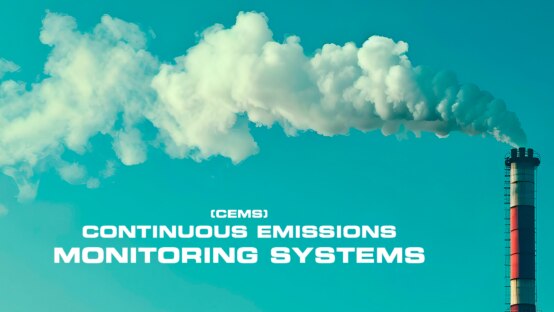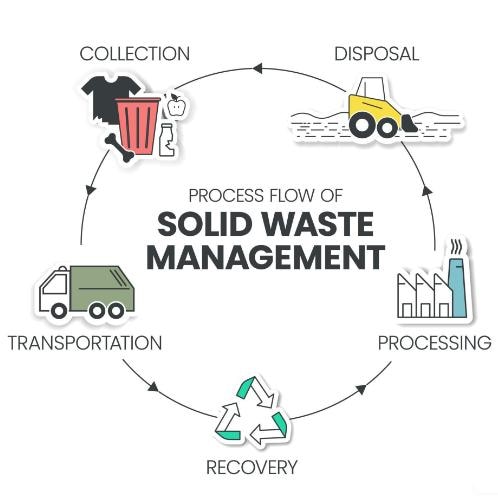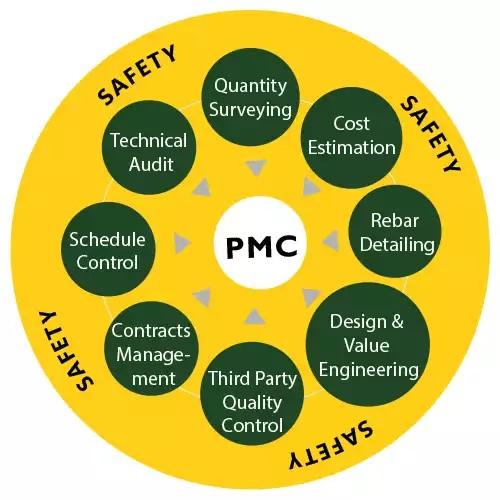Description
Product details
• Continuous Monitoring: CEMS continuously measure and record emissions in real-time, providing a constant stream of data. • Regulatory Compliance: CEMS are often required by environmental regulations to ensure that industries stay within emission limits. • Data Validation: Ensuring the accuracy and reliability of CEMS data is critical for regulatory reporting and decision-making. This involves procedures for calibration, quality assurance, and data validation. • Performance Monitoring: CEMS data can be used to assess the efficiency of pollution control equipment and the overall performance of industrial processes. • Maintenance Planning: CEMS data can help identify potential problems with emission control equipment, allowing for proactive maintenance and preventing costly breakdowns. • Pollutants Measured: CEMS can monitor various pollutants, including particulate matter, SO2, NOx, and other relevant substances. • Industrial Applications: CEMS are used in a wide range of industries, including power plants, refineries, chemical plants, and other facilities that generate emissions. Importance of CEMS Validation: • Accuracy and Reliability: CEMS data is often used for regulatory purposes, so it's essential that the data is accurate and reliable. • Compliance: Validated CEMS data is crucial for demonstrating compliance with emission limits. • Transparency and Accountability: Accurate CEMS data promotes transparency and accountability in environmental management. • Data Integrity: Validation procedures help ensure the integrity of the data collected by CEMS. In essence, CEMS validation ensures that the data generated by the system is accurate, reliable, and can be trusted for regulatory reporting and other purposes.






